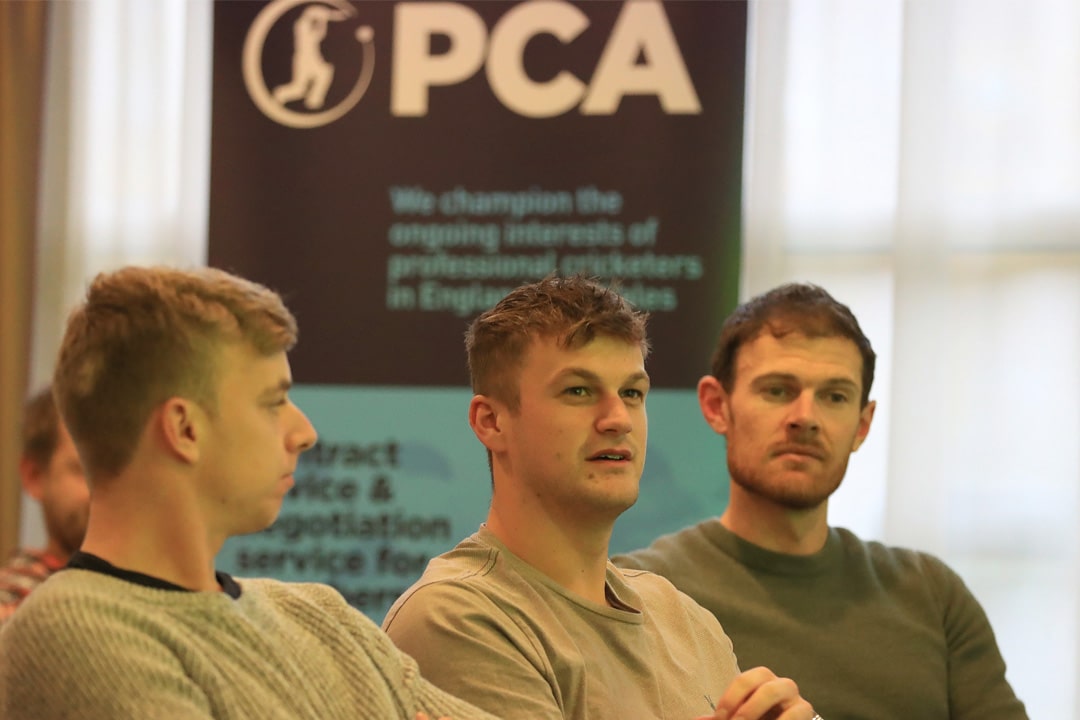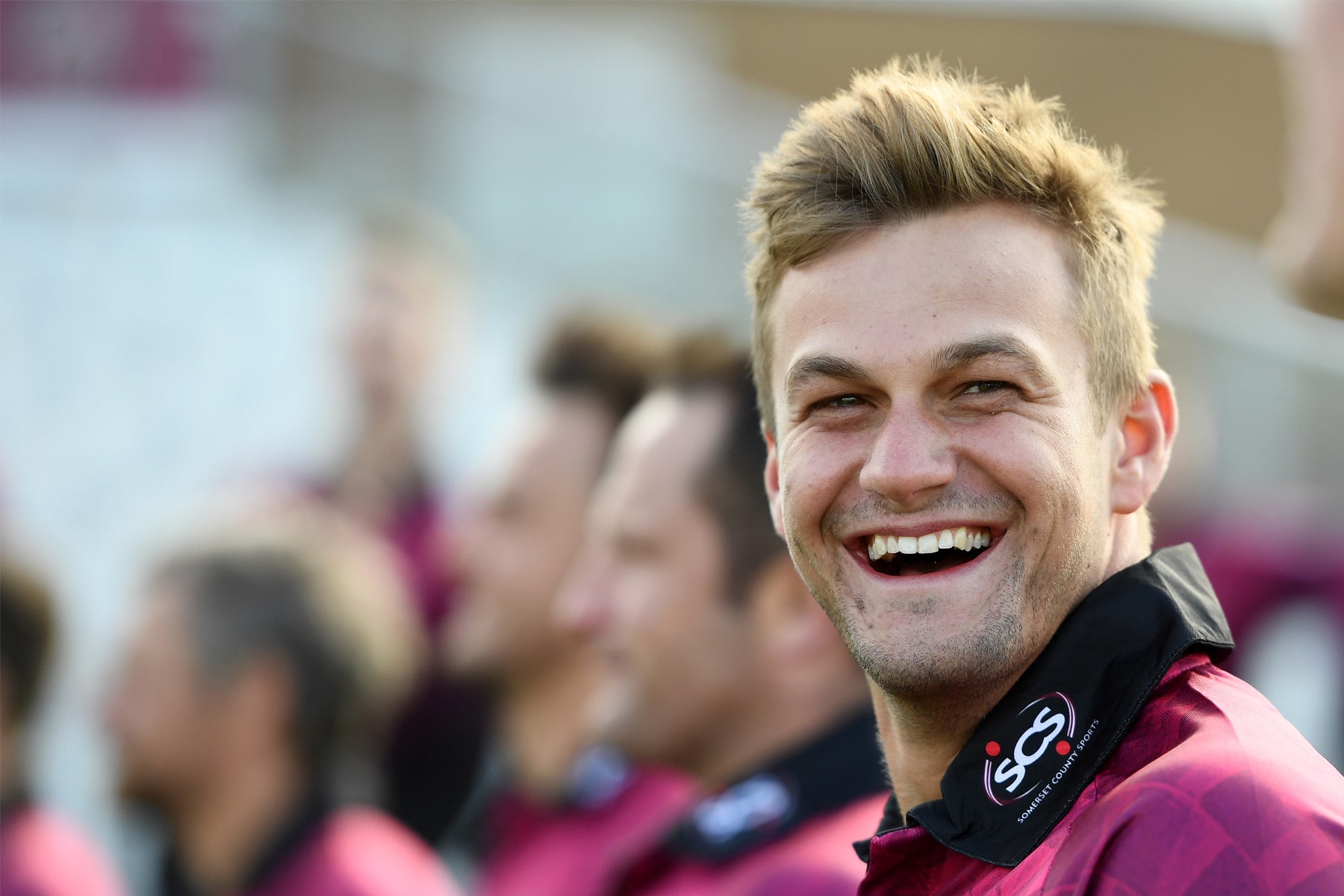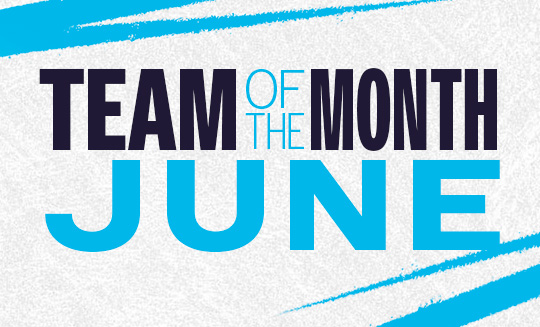PCA PRESS RELEASE
Tim Rouse discusses his move away from professional cricket and into law.
To see more articles, click here
Tim Rouse left the professional game in September 2019 at the age of just 23. The former Somerset all-rounder has since moved into a career in law.
PCA Personal Development Manager Martin Cropper provided support to Rouse through his transition and has spoken to him on his career change…
- You left Somerset at the end of last season when your contract expired, were you prepared for that at 23?
- Yes and no. I made good strides towards being practically prepared through going to university, having ideas around what I wanted to do, and having no financial commitments which meant I didn’t have to rush into something I didn’t want to do. While I could have done more, I had the framework to research and work towards planning the next few years for myself.The emotional preparation is much more difficult, particularly when you haven’t left the club you love out of choice. It’s definitely not a feeling you can replicate before it actually happens. For me, keeping busy and producing an active plan helped me put cricket behind me and look forwards onto whatever was next.
- How have you found the transition out of professional cricket?
- It was certainly tough. I found the loss of identity the hardest – I had convinced myself that I was first and foremost ‘a cricketer’, particularly in the eyes of my friends, but I learnt that this isn’t the case, and it isn’t why people value you as a person. One of my coaches gave me the advice that “cricket doesn’t define you”, which is certainly true.I saw it as an opportunity to figure out exactly what I want to do, and then how I was going to do it – the tough part being the what. Taking the active decision not to pursue cricket any further was hard, however it gave me a refreshing mindset towards the next stage of my life.There are bits that I miss about playing professional cricket and the lifestyle it brings, however I ultimately know that it isn’t what I want to do, so I’m pleased that things have worked out as they did. I have a different structure, and things that weren’t as important to me previously have now become a major focus, which feels quite refreshing!
- You attended the PCA Futures Conference in November at St. George’s Park, what was your experience of that?
- I would recommend that everyone attend the Futures Conference. Everyone will be in this position eventually, and the conference is a big step in preparing for it – the sooner you go, the better. It’s great for bouncing ideas around other cricketers, and learning from those who have gone through similar experiences and some who have built careers on helping people through these processes. It helped me adopt a more positive approach to the situation and I took that forwards into my decisions over the next couple of months.
- You’ve recently started working for a law firm, what is your role and has this always been an interest area for you away from cricket?
- I’m now a Real Estate paralegal at a law firm in Bristol. It’s great to experience a 9-5 office lifestyle, and I love it so far. I nearly did law at university, so it’s always been a career that I have been interested in pursuing, however cricket always came first. Having experienced the legal environment, I am excited to pursue a legal career, and this is a crucial step towards that. It’s refreshing to have something that I think I can really excel at – losing all confidence in my cricket was tough and I felt a bit helpless at times, so it’s fantastic to have a more positive outlook on my career and my future. It’s a competitive environment but I am used to that from cricket. It’s a long process where law firms recruit two years in advance, and I’m to studying law in September.

- Looking back on your experiences of professional cricket, how has that equipped you for working in your new role?
- Professional cricket equipped me with numerous skills that are so valuable in my new environment. The Futures Conference was an important exercise in helping me understand how my cricketing experiences helped me develop soft skills. I’ve identified how my teamwork, leadership, communication, and resilience set me apart from other candidates and working out how to adapt and improve them now in a different setting, which is a great learning experience. Technical knowledge of new fields can be learnt, so I feel like nothing is really holding me back long-term.
- You’ve started just as we have entered a national lockdown, how have you found that and has there been key learnings so far?
- I’m grateful to have secured this job just before the country went into lockdown. I really feel for those who have been left with very little to do and being stuck inside. If I didn’t have this job I would have continued with the online business course I started last year, and I would encourage anyone who is struggling to fill their time to use it as an opportunity to build on their skills set and learn something new – you never know how it might help you down the line.This definitely has similarities with cricket in general however – cricketers do get a lot of free time, most of which I wasted. Over a career, without putting too much pressure on yourself, you can easily accumulate skills that will make you far more employable when you retire, and the sooner this process is started, the better.
- Many young players early in their career like to dedicate their focus and energy to their cricket which in understandable. However, as someone who has left the professional game at a relatively young age, what advice would you give to those players about career planning and personal development whilst in career?
- It’s definitely understandable – it’s rare that you would focus on a different career path whilst in a career that you love. However, I would say that the sooner you discover what you want to do, you have much longer to figure out how you might do it, and will be able put yourself in the best position to transition into another career. Particularly if you have a longer career than I did, and potentially have financial and family commitments when you finish, I can imagine that having something lined up to earn you enough money when you finish will be extremely important.Also, use the PCA as much as possible. People leaving school and university don’t have that kind of support, so we’re already ahead of the game in that respect. Martin Cropper really helped me to channel thoughts into something meaningful for the future. Use other resources too – reach out people and research different career paths and interests – this might present opportunities for courses, personal development, work experience etc. which will contribute for building a much better CV.Work experience will also help to discover what interests you, and what doesn’t. There are so many different options out there, and you never know what will interest you and which opportunities will become available through putting yourself out there.
Click here for more information on the PCA’s Personal Development and Welfare Programme or contact your regional Personal Development Manager.













